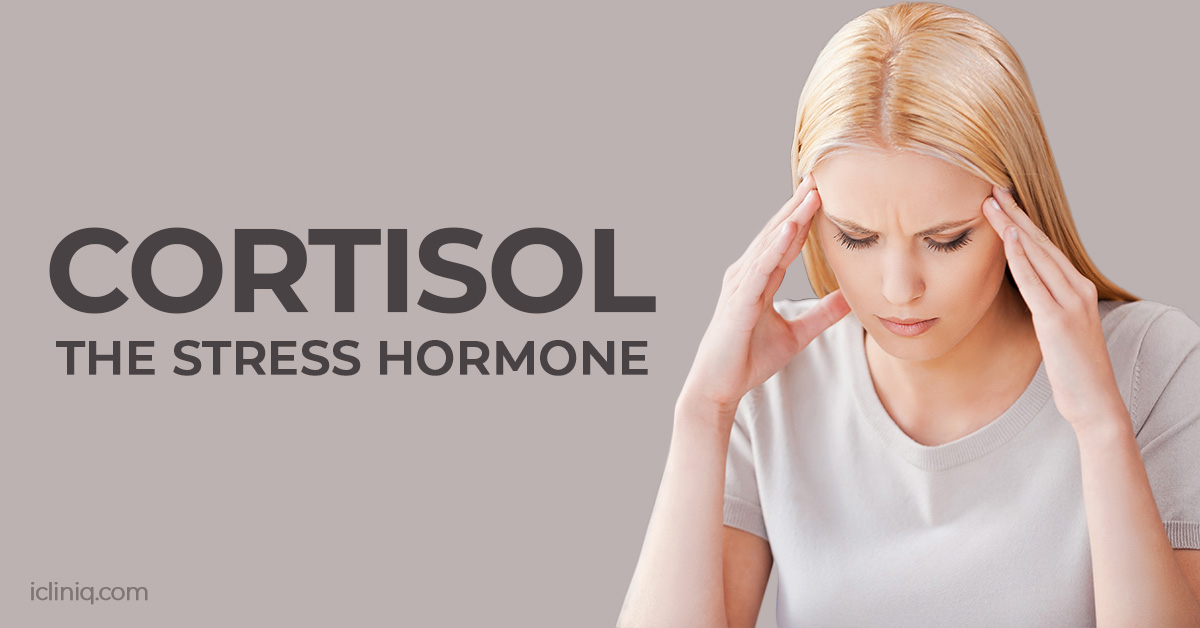
In today’s fast-paced world, it’s no surprise with the amount of stress present in so many lives. Persistent stress triggers the amount of cortisol released into our body. Cortisol is responsible for the fight-or-flight response, but chronic levels can take a toll on our health and well-being. There are many natural practical ways to lower cortisol and restore balance to our bodies for a more stabilized life!
Understanding Cortisol:
Cortisol is a stress hormone produced by the adrenal glands in response to stress signals in the brain. This hormone is known as the “flight-or-fight” hormone, which is involved in releasing energy stores, increasing heart rate and redirecting blood flow. If cortisol is constantly elevated, it can wreak havoc on the body.
What is the Impact of High Cortisol?
Over time, prolonged exposure to high cortisol levels can lead to very serious health issues. Elevated levels have been linked to hypertension, which placed strain on the cardiovascular system and increases the risk of heart attack and stroke. It can also contribute to insulin resistance, which can ultimately lead to type 2 diabetes.
Cortisol helps us wake up in the morning, but chronic stress can disrupt this pattern. This can lead to irregular sleep schedules or problems falling asleep. By implementing strategies to lower cortisol levels, you can positively impact your physical and mental health.
Tip 1: Prioritizing Sleep
Quality sleep plays a significant role in cortisol regulation. Establishing a consistent sleep routine, creating a comfortable sleep environment, and limiting screen time can all improve sleep quality. Get into a pre-sleep relaxing routine such as taking a warm bath, listening to a meditation, or reading.
Tip 2: Stress Management Techniques
Activities such as meditation, stretching and deep breathing can alleviate stress and enhance a calm state. All of these practices signal to the body that it is ok to relax, which will reduce cortisol production.
Tip 3: Regular Exercise
Engaging in regular physical activity will naturally reduce cortisol levels. Exercise will decrease stress, but also enhance mood. The best way to maintain levels are to switch the type of exercises you do. Perhaps one or two days you can do barre or Pilates, while the other few days are cardio with weights. Keep in mind that doing a lot of H.I.I.T. may increase cortisol levels in our bodies.
Tip 4: Incorporating Mindfulness Practices
Mindfulness techniques such as yoga can have a positive impact on cortisol levels. This encourages present moment practice, which will reduce the body’s stress. Another practice is mindfulness meditation, which involves focusing on the breath and observing thoughts without judgement.
Tip 5: Nutrition Strategies
A balanced and nutritious diet can contribute to cortisol control. Focus on fruits, vegetables, lean proteins , and whole grains. Incorporating Omega-3 fatty acids, which are found In fish and chia seeds, an also have anti-inflammatory effects on the body reducing cortisol levels.
Cortisol management is a holistic endeavor that encompasses physical, mental and emotional health. By prioritizing sleep, stress management, nutrition and exercise, you will be so much better suited to handle cortisol levels and lead a much more balanced life.

